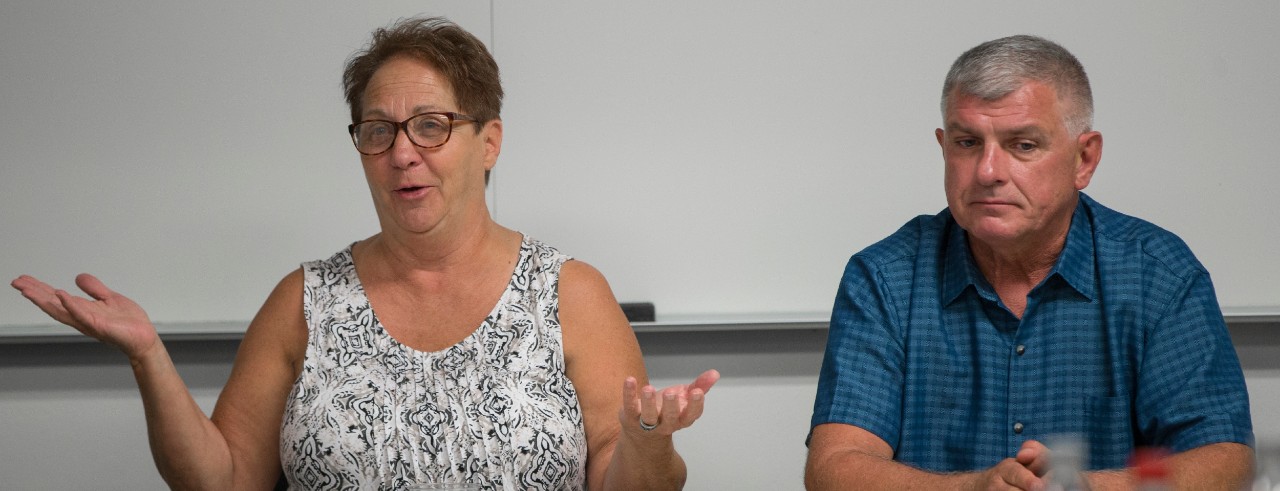
Diverse: Innocence Project works to exonerate the wrongly convicted
Higher education newsmagazine spotlights achievements by UC’s Ohio Innocence Project
Innocence Projects across the nation work to correct injustice and free those who’ve been wrongfully convicted. Higher education plays a role in these efforts, says Diverse: Issues in Higher Education, in a story published in the newsmagazine’s April 2020 magazine edition. The story highlights the achievements of the Ohio Innocence Project at the University of Cincinnati College of Law, which, the magazine notes, has helped free 28 people (the OIP has since celebrated the release of its 29th defendant), and includes an interview with John Cranley, credited as co-founding the organization along with Director Mark Godsey.
Cranley, now the mayor of Cincinnati, described working at OIP as one of the most “meaningful professional experiences [he has] had,” and specifically cites the case of Clarence Elkins as especially poignant. Elkins served more than six years in prison after he was convicted of murder in the tragic beating death of his mother-in-law, and the beating and rape of his 6-year-old niece. He was released from prison after new DNA evidence revealed another inmate to be the perpetrator.
“Working for the Ohio Innocence Project was a great reminder that all of our systems are human and have errors,” Cranley said. “It is important for all government officials to be open to the idea [that] they have made mistakes. The vast majority of prosecutors and judges fought us the whole way, many of whom refused to accept objective DNA facts that prove clients are innocent. We all need to be more humble and open to the facts of evidence to pursue the highest goal of the legal system, which is truth and justice.”
Read the full story here.
Featured image at top: OIP exonerees Nancy Smith and Clarence Elkins speak during a panel discussion at UC Law in 2018. Photo/Joseph Fuqua II/UC Creative + Brand
Related Stories
Love it or raze it?
February 20, 2026
An architectural magazine covered the demolition of UC's Crosley Tower.
From research to resume: Grad Career Week prepares students for career paths
February 20, 2026
Graduate students at the University of Cincinnati will explore how their academic and creative work translates into professional success during Grad Career Week, March 2–6, a week-long series of workshops, networking opportunities, and skill-building sessions hosted by the Graduate College.
Social media linked to student loneliness
February 20, 2026
Inside Higher Education highlighted a new study by the University of Cincinnati that found that college students across the country who spent more time on social media reported feeling more loneliness.
